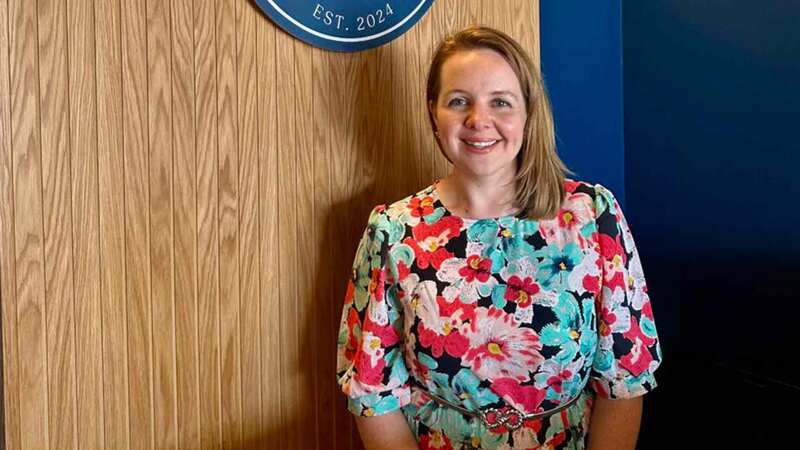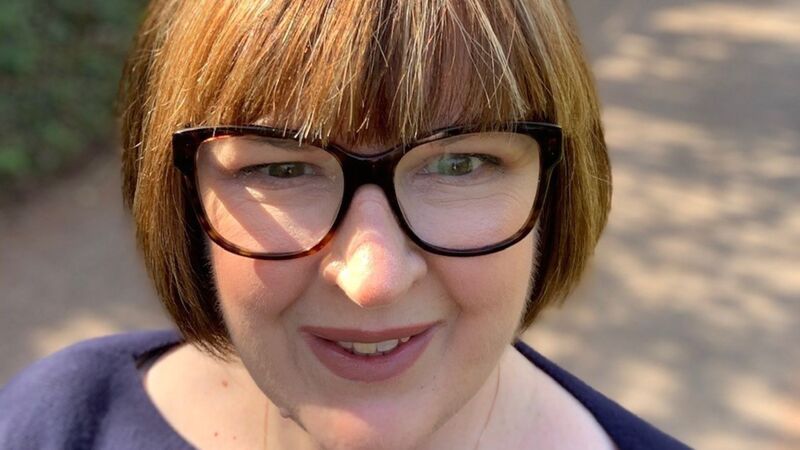You are viewing your 1 free article this month. Login to read more articles.
Industry response sought to explicit e-book furore
The Booksellers Association has said it will urgently consider an industry initiative to prevent explicit self-published e-books becoming available on mainstream retailers’ websites.
W H Smith shut down its entire site following the Mail on Sunday’s revelation last weekend (13th) that pornographic e-books were available next to children’s literature on the site. The WHS website is now back online, but still not selling e-books. Meanwhile, WHS’ e-book supplier Kobo pulled all self-published titles from its UK platform, although approved titles will return to the site tomorrow (Saturday 19th).
Amazon was also implicated in selling offensive e-books and, according to a BBC report, has been removing offending titles since the scandal broke. However, the online retailer has declined to comment on the issue.
Barnes & Noble m.d. Jim Hilt said: “Barnes & Noble has a policy related to any content offered in the Nook Bookstore. These titles are in violation of the policy and are in the process of being removed.”
The BA said it was “urgently” considering whether an industry initiative on self-published content might be devised, working in collaboration with the Publishers Association and Book Industry Communication Ltd.
BA c.e.o. Tim Godfray said: “Our members recognise they have a responsibility to families and consumers. Moderating titles has become increasingly important with the rise of the self-publishing phenomenon.”
Richard Stephenson, the c.e.o. of Yudu, which provides multi-platform publishing tools to publishers, told The Bookseller self-published titles should carry “report abuse” buttons, so that users can police the site. He said: “This is part of the peril of user-generated content. With a ‘report abuse’ button, you quarantine a title, check its suitability, then remove it or replace it as appropriate.” He added: “I think parents need to know that sites are safe so I would suggest W H Smith also have a separate children’s book website.”
Small publishers have also been caught up in the disruption, with some having their e-books pulled from Kobo’s platform because they were categorised under “self-publishing”. Crowd-funded platform Unbound and small press Red Button Publishing have had their titles removed, even though neither publishes erotica.
Caroline Goldsmith, co-founder of Red Button, said: “Our books are literary fiction, so I was shocked to discover they had been taken down. Kobo is only a small part of our sales but we really liked working with the company.” She added: “I am more concerned about people now looking upon them unfavourably after this. We need them as a viable competitor to Amazon.”
Independent authors and free speech campaigners responded angrily to Kobo’s decision to remove all self-published titles, with Mhairi Simpson, author of pulp crime fantasy novels, calling it a “witch hunt” and Dianna Hardy, who writes urban fantasy, describing the move as “completely ridiculous”.
Robert Sharp, head of campaigns and communications at English Pen, told The Bookseller: “We need to remember that great literature is very often ‘offensive’, and that alone should never be the trigger for suppressing books. If the Kobo/W H Smith collaboration had existed in the mid-20th century, then Lady Chatterley’s Lover or Lolita would have caused similar presentational offence. Fifty Shades of Grey was originally a self-published novel, so its only by luck of recent history that E L James’ books were not removed from sale in a similar manner.”
Kobo said it supported freedom of expression, adding: “We want to protect the reputation of self-publishing as a whole.”
Despite being named in the MoS report, Waterstones does not sell self-published titles.














